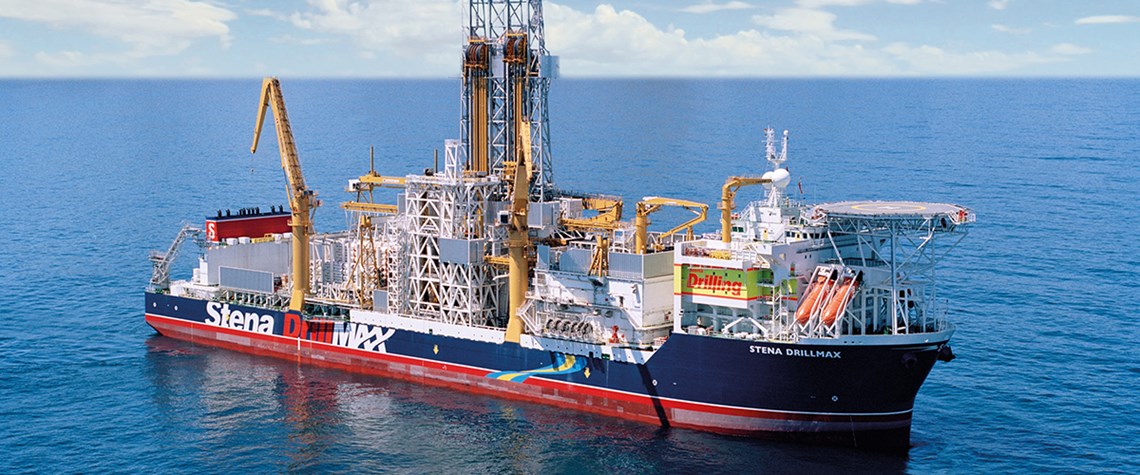Senegal-Mauritania borderline development
A project straddling Senegal's northern maritime border could be signed off by the end of the year, despite its complexities
Exports from BP and Kosmos Energy's Greater Tortue gas development are scheduled to start up at roughly the same time as first oil from the SNE project further south, in around 2021. It will add another chunk of liquefied natural gas supply—about 2.5m tonnes a year, initially—to a well-supplied global market, albeit at what the partners say will be a competitive price. Greater Tortue sits astride the Senegal-Mauritania border, and both governments will want the gas for their domestic market, so cross-border politics are in play. But BP is confident that both a final investment decision by the end of the year and start up in 2021 can be achieved, assuming Senegal and Mauritania continue to ma

Also in this section
25 July 2025
There is a bifurcation in the global oil market as China’s stockpiling contrasts with reduced inventories elsewhere
24 July 2025
The reaction to proposed sanctions on Russian oil buyers has been muted, suggesting trader fatigue with Trump’s frequent bold and erratic threats
24 July 2025
Trump energy policies and changing consumer trends to upend oil supply and demand
24 July 2025
Despite significant crude projections over the next five years, Latin America’s largest economy could be forced to start importing unless action is taken








